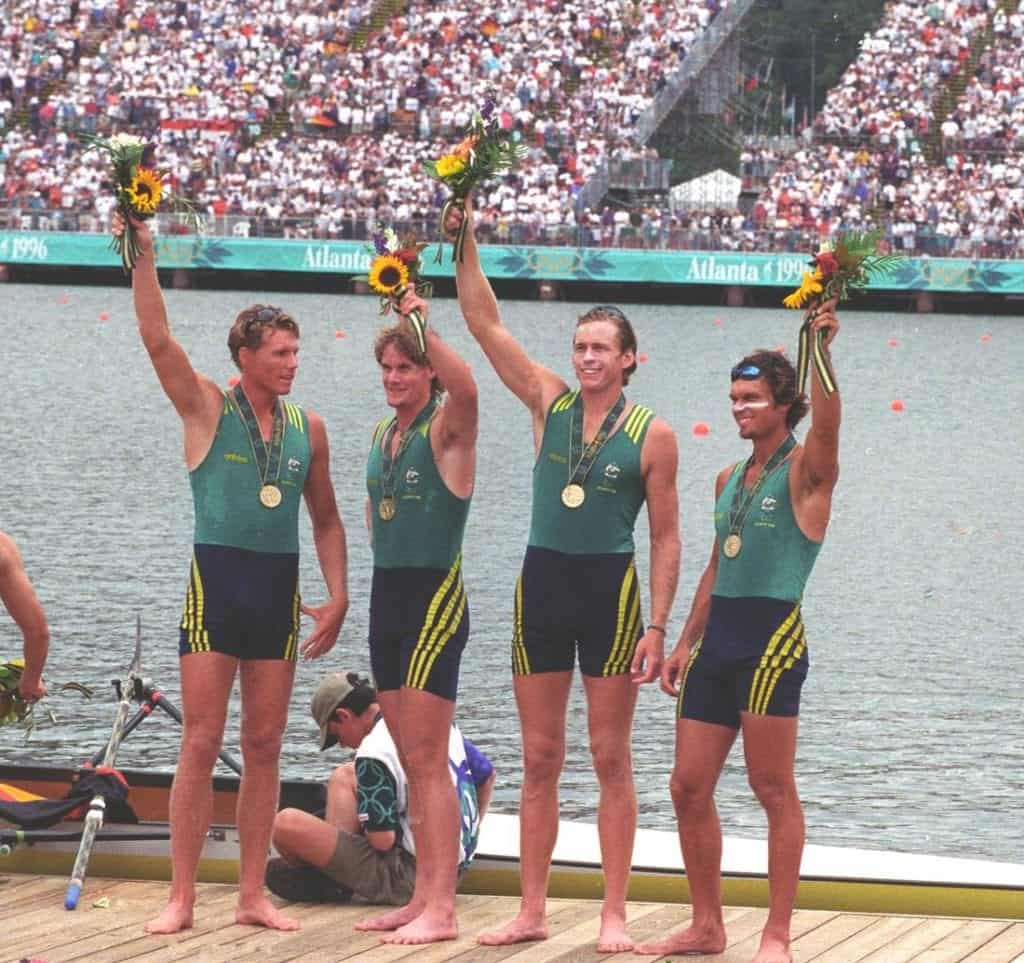By Bo Hanson – 4x Olympian, Coaching Consultant & Director of Athlete Assessments
In previous articles we have discussed the importance of ensuring each of your athletes play a specific non-technical role on the team (and not only contribute physically through their athletic ability). For consistent, high performance it is essential. Our article ‘Critical Team Roles in Sport (what every team needs)’ discussed the different types of roles athletes can play, and how it is especially advantageous to do so during the Pre-Season using the GRIP Model.
We broadly classified these roles into three categories, those being relationship roles, thinking roles and action roles. Each different AthleteDISC profile is drawn to a unique role, and when each athlete on the team plays their role (does their job) the team benefits and is more likely to perform at a high level.
Just as every AthleteDISC profile has a preferred role which we would classify as being a healthy role, the flip side is that every profile has an unhealthy expression of their behavior which manifests itself in a destructive sport team role. Each of the four AthleteDISC styles can at times play a destructive team role. Each has the ability to be destructive under certain conditions where they are feeling distressed. When any athlete (or person) over uses their strengths without conscious thought, there is a high probability they will be playing a destructive team role.
For example, whilst the Dominant style is excellent at setting direction, and giving instruction to ensure the direction is followed, the reality is that doing too much of this (out of concern for a need for extreme control and authority) can be perceived as being dictatorial or micromanaging by other team members. This behavior leads to disharmony and poor levels of engagement from fellow team members, the obvious result being poor performance eventually.
As a coach, it is vital to the team’s success that these destructive roles are identified and recognized when they are being played by your athletes. Helping your athletes be aware of this plays a major role in preventing it from happening. When it does happen (and it will, regardless of the level of awareness), you as coach are in a better position to address it due to be able to recognize and give corrective feedback.
Here we present four destructive sport team roles which when present in your team, undermine team productivity, morale and performance.
Dominant Style playing a Destructive Sport Team Role
Healthy Role – a Director: Action orientated to provide direction, set the pace, giving instructions when required by the follower who needs the instruction or guidance. Their strength is their acceptance of challenges, their decisiveness and ability to set and drive high standards.
Destructive Role – a Dictator: Dictating direction and not finding consensus by asking questions and seeking other’s involvement, micromanaging and being overly controlling (controller). When they over-play their strengths their role can become dictatorial and critical.
Influencing Style playing a Destructive Sport Team Role
Healthy Role – an Energizer: Action and relationship orientated, providing enthusiasm and energy, keeping social interaction and bringing a sense of humor and positive attitude. Their strength is their high energy, ability to persuade, motivate and bring a ‘fun factor’ to the team.
Destructive Role – The Joker: Joking around when it is time to focus or distracting other team members from focusing and continually changing the direction of a conversation to suit their needs. They can also be attention seekers who get upset when they are not the center of attention. They can find inappropriate ways to stand out from the rest of the team, such as doing dares or risky behaviors.
Steady Style playing a Destructive Sport Team Role
Healthy Role – Harmonizer: Relationship orientated towards building bonds with team members, creating harmony and good relationships. Their strengths are their ability to listen, support others, provide follow-through and they are excellent team-players.
Destructive Role – Avoider/ Withdrawer: Avoiding interaction when confronted and being passive aggressive by not wanting to openly discuss or confront others. They can also just give in to others desires and then not put the energy into creating a great outcome for the team.
Conscientious Style playing a Destructive Sport Team Role
Healthy Role – Quality Controller: Thinking orientated role where upholding standards, processes and correct rules and procedures is critical for the team. Their strengths are their willingness to follow the rules, be accurate, establish systems and structures, and they are great at logistics.
Destructive Role – The Perfectionist: Being stubborn about new ideas and changes. Not wanting to accept different strategies for fear of not being able to execute perfectly well. Lacks willingness to take a risk, instead sticking to the rules and processes regardless of how this is impacting team performances.
Destructive Roles for Other Teams
We’ve focused this article on the traditional sports team and the athletes that make up that team. However, all of the above is just applicable to any team. That may include a coaching team, management team or any group of people who work together with a common goal.
These other teams will have experience with individuals playing both healthy and destructive roles. When this happens, the outcomes can be just as damaging and will cause a decrease in morale and performance.
Summary
As a coach, being aware of and then noticing these destructive team roles is the first step in redirecting the behavior for the benefit of the team. Often athletes behave destructively when their respective needs are not being met. So the challenge is to find out what need is not being fulfilled and then seeing if there is a way to meet that need. This is not a simple thing to do. Some athletes are not even aware of their unmet needs and so can’t express to you what their needs are, which means you as the coach are relatively helpless.
This is where we come back to the core principle of self-awareness and how a major role as a coach is to develop self-awareness in our athletes. Those athletes who have high levels of self-awareness are more likely to know their needs and how they can be met in a healthy manner. Where they find their needs are not being met, they can also have a mature and professional conversation with their coach to discuss strategies for being more productive.
We hope this article has given you greater insight into the Roles athletes can play on a team. If you would like more information we highly recommend our articles on:
- Critical Team Roles in Sport (what every team needs)
- Players’ Value Beyond Their Position
- Pre-Season Preparation Using the Grip Model
At Athlete Assessments, we’re here to provide you with excellence in service and here to help you be your best. If there is anything we can assist you with, please Contact Us




